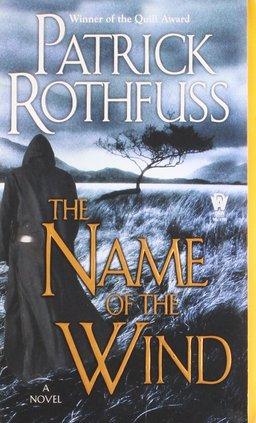The Deep Structures of Dreams: Haruki Murakami’s 1Q84
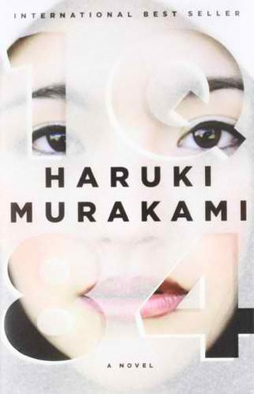 The first two books of Haruki Murakami’s 1Q84 were published in Japan in 2009, with the third following in 2010. Plans for a one-volume English edition were soon underway, with the first two books translated by Jay Rubin and the third, due to time pressures, by J. Philip Gabriel. The complete English edition, running over 900 pages despite the editing-out of some extended recap passages in the third book, appeared in 2011.
The first two books of Haruki Murakami’s 1Q84 were published in Japan in 2009, with the third following in 2010. Plans for a one-volume English edition were soon underway, with the first two books translated by Jay Rubin and the third, due to time pressures, by J. Philip Gabriel. The complete English edition, running over 900 pages despite the editing-out of some extended recap passages in the third book, appeared in 2011.
And many American reviewers were disappointed, with some baffled by what they perceived as the book’s surrealism, and others complaining that not much seemed to happen in all those pages. Personally, I was engaged with the book’s dreamlike character. I find the sensibility not far from a lot of Japanese fantasy — consider the startling images produced by Hayao Miyazaki (Spirited Away, My Neighbour Totoro) or even Osamu Tezuka (Metropolis, Astro Boy). That’s not to say that they’re of a piece with Murakami any more than Walt Disney and Jack Kirby are of a piece with, say, Jonathan Lethem; but if a culture has a hand in shaping the art produced by artists from that culture, then perhaps culture also shapes the way the fantastic is used within art, whether in the choice of images or in the way those images are interrogated. Which is to say that the use of fantasy is part of the tension between tradition and the individual talent.
Certainly 1Q84 is not a realist novel, and the characters don’t operate along realist lines. Throw away realist preconceptions, though, and there’s a consistency to their behaviour and to the strange worlds in which they find themselves. In fact, I find there’s a kind of familiarity at the core of the book, a concern with archetypal patterns enunciated by Joseph Campbell, by Jung, and especially by Sir James Frazer in The Golden Bough. This only becomes clear about halfway through the whole work, which may explain the confusion of some readers. Much of the rest of the novel is dedicated to character analysis and flashbacks, which build an elliptical series of connections. In all it’s a kind of hero’s journey told in a restrained, neutral voice that delves deep into personal histories to uncover a Lynchian mix of strangeness and darkness. And the whole thing resolves with a rightness that suggests, to me, that Murakami’s found the psychologically correct way through his world of 1Q84.
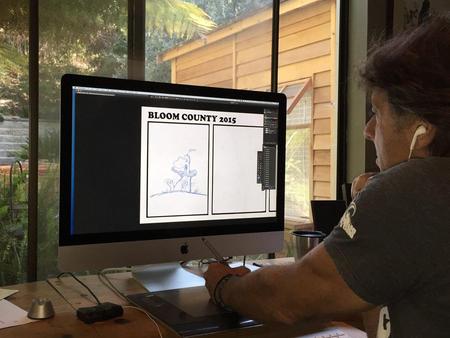

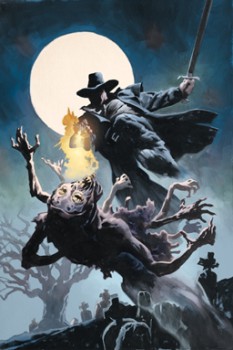
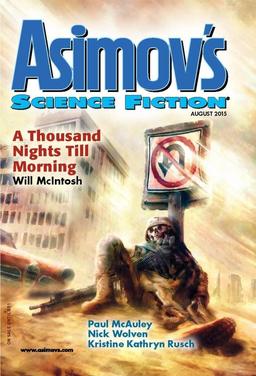
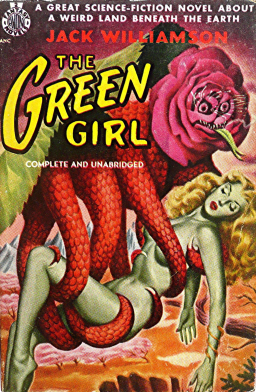
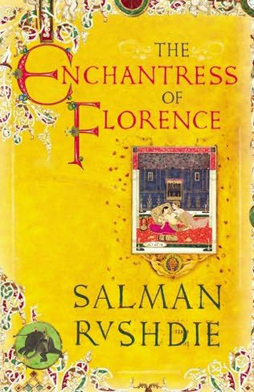 In some ways Salman Rushdie’s 2008 novel The Enchantress of Florence feels like a classic pulp fantasy entertainment. A bit less than a hundred years ago you could find a lot of pulp set in India, central Asia, and the Middle East: Harold Lamb recounting colourful histories of the great Mongol conquerors and Timur-Leng; Fritz Leiber imagining a pair of sword-wielding comrades
In some ways Salman Rushdie’s 2008 novel The Enchantress of Florence feels like a classic pulp fantasy entertainment. A bit less than a hundred years ago you could find a lot of pulp set in India, central Asia, and the Middle East: Harold Lamb recounting colourful histories of the great Mongol conquerors and Timur-Leng; Fritz Leiber imagining a pair of sword-wielding comrades 
